Juice fasting, juice detox programs and drinking pure cold-pressed raw juice at a juice bar might seem like incredibly healthy ideas, but the truth is nothing about juicing is as healthy as it sounds.
Although cold-pressed, fresh and raw juices are by far the nutritionally superior choice compared to the pasteurized packaged juices that can sit for perpetuity on grocery store shelves, anyway you pour it juice is never ever going to be as healthy of a choice as eating the “whole” fruit or “whole” vegetable (or drinking a smoothie made from “whole” fruits and vegetables.)
Sugar Shots
Although cold-pressed, fresh and raw juice bars are absolutely a hot health trend, the theory behind juicing is faulty. Juicing advocates claim that by removing the indigestible fiber the nutrients in juiced fruits and vegetables are more readily available to the body, but this is simply not true. Instead, removing the indigestible fiber from fruits and vegetables allows your body to very quickly absorb a massive amount of fructose (sugar), something that is particularly undesirable if you are overweight, have type 2 diabetes or suffer from any inflammatory condition.
Drinking pure juice is like injecting pure fructose (sugar) right into your body. Yes, you also get nutrients along with the sugar, but you still get way too much sugar in one shot. Now, getting a big dose of fructose all at once might be desirable if you just ran a marathon and depleted your body of its glycogen reserves, but for the average person who is only moderately active ingesting a large amount of pure fructose (sugar) is not a very good idea. There are not too many people who benefit from getting big doses of sugar all at once.

Faulty Science
Fans of juice fasting and juice detox programs also claim that drinking pure juice gives your digestive system a “rest” so that your body can heal itself; this is completely untrue and not based on any science. Start poking around in the medical journals for real research on juicing and you won’t find any. What you WILL find in medical journals are studies that link drinking juice to obesity and type 2 diabetes. You will also find numerous studies linking incredible health benefits to “whole” fruits and “whole” vegetables and high fiber diets; but juice is not a “whole” fruit or vegetable and juice does not contain fiber.
Whole Foods Diets are Best
In our most recent book, Clean Cuisine, we talk a lot about the science behind eating a “whole foods” diet and how it is always best to eat foods in their most natural and unrefined “whole” state. For example, “whole” olives are going to be the nutritionally superior choice in comparison to olive oil; that’s because “whole” olives contain fiber along with a broad spectrum of phytonutrients and antioxidants that are not all present in olive oil.
Keep in mind, juices are not “whole foods”; juices are a fractured food missing the fiber. The fiber in “whole” fruits and vegetables passes through your digestive system, aiding in the removal of waste from your body; this waste can include normal metabolic waste excreted in the bile, but may also include sugar and cholesterol if your blood levels are elevated. Because fiber is an essential component of detoxification and crucial for helping rid your body of toxins, drinking fiber-free juice as a means of detoxifying your body just doesn’t make a whole lot of sense.
Fiber-rich “whole” fruits and vegetables also help stabilize blood sugar levels, prevent large amounts of fructose (sugar) from entering your bloodstream all at once and keep you feeling full longer. Fiber-free juices do an awful job of filling you up, which is another reason juicing is especially not a good idea if you are trying to lose weight.
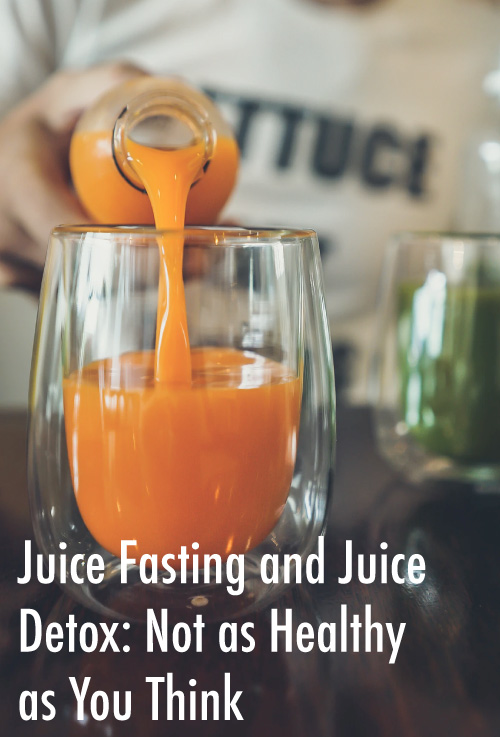
Pin this graphic for later!

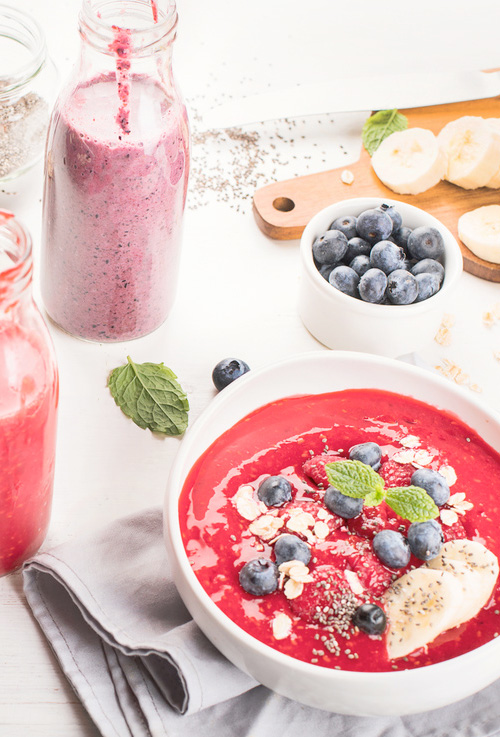
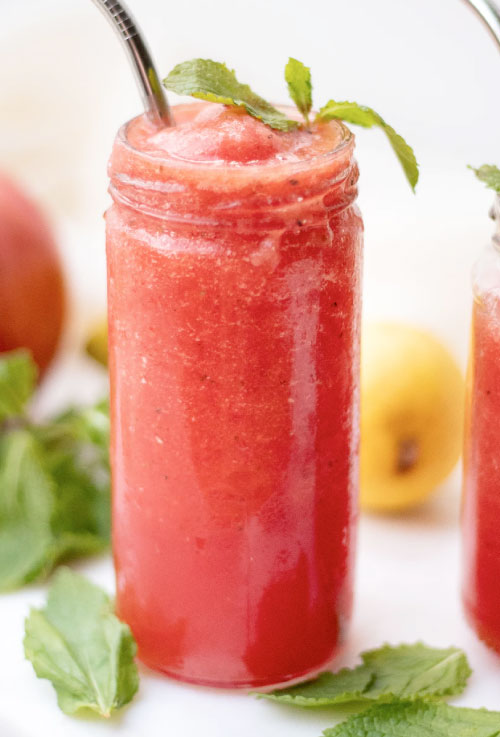
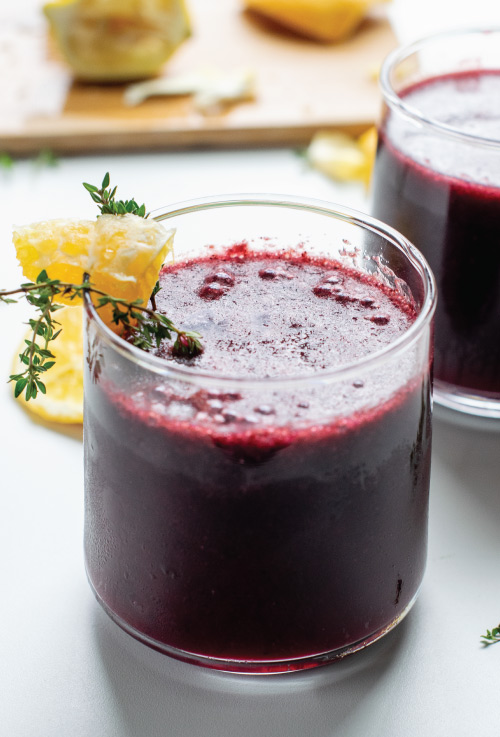
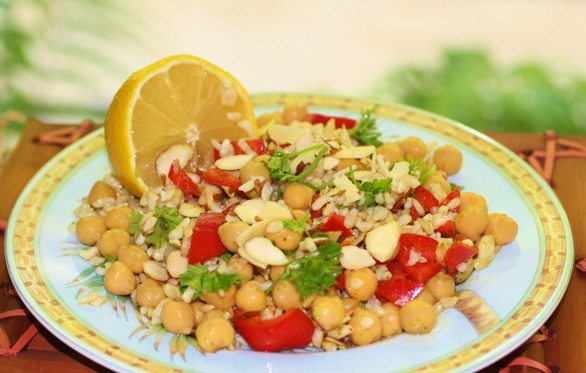
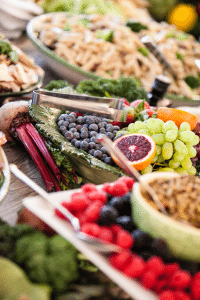
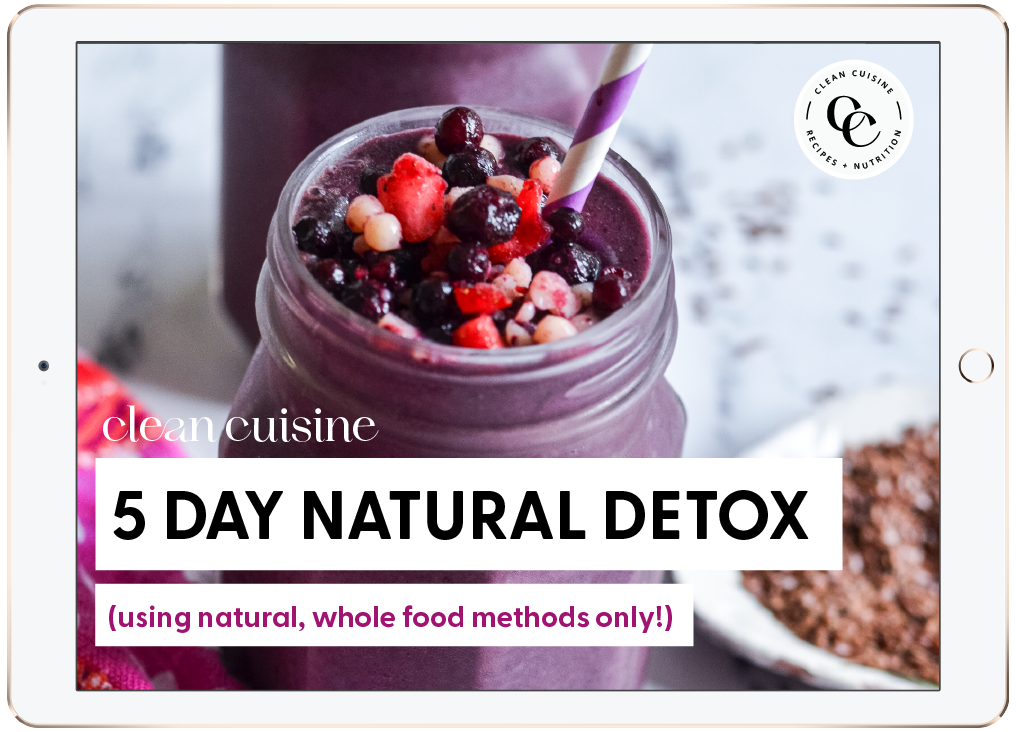
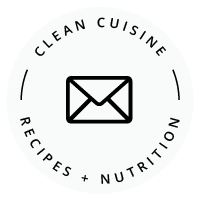
Detoxifying Recipe for Beet Soup Gazpacho
Wednesday 27th of May 2015
[…] As far as detox tonics go, beet juice is far more popular than beet soup or beet gazpacho. But, if you have read our Clean Cuisine book then you know our stance on juicing (if not, be sure to watch the this video explaining the why juice detox is not as healthy as you might think). […]